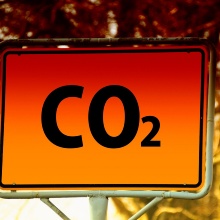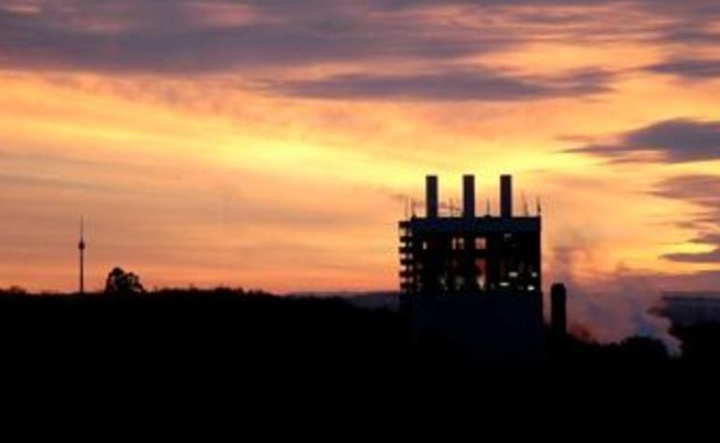The official go-ahead has been given for the Future City Lab project “Industrial heat pumps” (GWP). This project aims to significantly reduce CO2 emissions in the heating sector. As part of the multi-year project funded by the Federal Ministry of Economics, the “Future City Lab GWP” investigates the potential and conditions of use for industrial heat pumps in Germany’s district heating system. Overall funding for the project has been set at 45 million euros. One of the project partners is the Institute of Energy Economics and Rational Energy Use (IER) at the University of Stuttgart; the institute’s scientific expertise is being put to use in the fields of system optimization, technical analysis and heating market research
A climate-friendly energy system powered using industrial heat pumps
Decarbonizing power generation can prevent CO2 emissions. The use of industrial heat pumps offers a new technology for a climate-friendly power system that is not yet standard in the provision of district heating. Industrial heat pumps can use heat from rivers, lakes, groundwater, or even wastewater and technical processes, and studies have shown that heat pump technology in 2030 will be capable of supplying power for approximately 15 percent of district heating.
Coordinated by the AGFW, the partners involved in the Future City Lab GWP project examine how industrial heat pumps can be operated at power station sites with differing characteristics, and what must be considered when feeding heat energy into the district heating system. Industrial heat pumps will be constructed and tested in Stuttgart, Berlin, Mannheim and Rosenheim.
System optimization and analysis at the University of Stuttgart’s IER
The Future City Lab GWP receives expert scientific support from the IER in the fields of system optimization, technical analysis, and heating market research. Coordinated by Dr. Markus Blesl, the various sites selected for the industrial heat pumps will undergo comprehensive system-optimized configuration and evaluation. Site-specific heat sources are classified in terms of their technical and economic characteristics. During the operating phase, the IER optimizes the operation of the industrial heat pumps, based on the operational data that has been gathered.
This ensures that the assessment conducted is threefold; evaluating the contribution to the decarbonization of district heating, how this is fed back into the electricity market, and any regulatory obstacles that might arise. Furthermore, it also enables conclusions to be drawn for the energy system in Germany and the energy revolution as a whole.
Winner of the BMWi concept competition “Future City Lab for the Energy Revolution”
In 2019, the project consortium was one of the winners of the concept competition “Future City Lab for the Energy Revolution”, initiated by the Federal Minister of Economics, Peter Altmaier. The laboratories enable innovations to be operated in a practical setting and under real conditions, to gain experience and test practical knowledge that can be used for the successful transformation of the entire German energy system. Alongside the University of Stuttgart’s IER, the consortium’s partners include the Fraunhofer Institute for Solar Energy Systems and the public utility companies EnBW Energie Baden-Württemberg AG, Fernheizwerk Neukölln AG, MVV Energie AG, Stadtwerke Rosenheim GmbH & Co. KG and Vattenfall Wärme Berlin AG.
Expert Contact:
PD Dr. Markus Blesl, Universität Stuttgart, Institut für Energiewirtschaft und Rationelle Energieanwendung (IER)
Abteilungsleiter "Systemanalytische Methoden und Wärmemarkt"
Tel.: +49 711 685-87865, E-Mail



